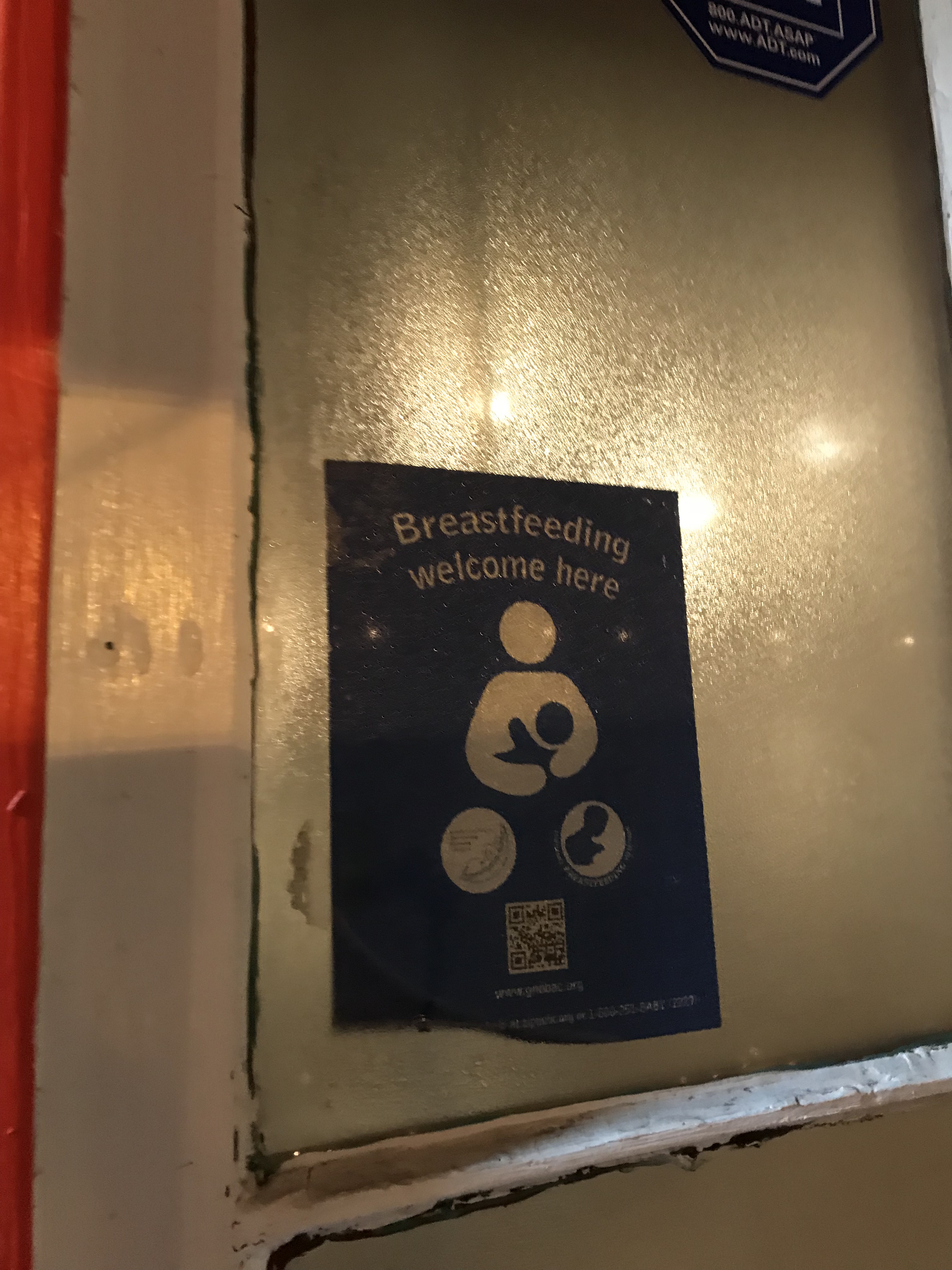
It’s fall, which means it’s my third term as an intern with Newcomb College Institute’s Reproductive Rights and Health Internship program! In January, I first began my work with Dr. Katherine Johnson in Tulane’s Department of Sociology. Her Working and Nursing study is a qualitative study which intersects sociology and public health in its aim to gather the experiences of breastfeeding/pumping and working mothers in the greater New Orleans area. From best practices for workplaces to equitable maternity leave to studying the intersection of race and class in breastfeeding, our work is truly interdisciplinary and intersectional, which may be my favorite part of working on it.
In the spring 2018 semester, the majority of it was listening to interviews that Dr. Johnson had previously conducted and reviewing the transcripts for edits. As I entered the study without much prior knowledge about the ins and outs of breastfeeding and pumping, this was an informative period for me to begin understanding the health-related technicalities and larger emerging themes of the interviews, as well as understand my place as an ally and someone who is not just there to process information, but to learn from others’ lived experiences. In addition to breastfeeding, I continue to hear stories of births, infections and illnesses, family dynamics, interactions between race and class, and much more that make the stories so compelling and brave.
A lot has changed in our study since then. Our main focuses now are on the continued recruitment of breastfeeding women for the study, particularly women identifying as African-American, and in the analysis of data collected thus far through more quantitative means. Regarding the former, I’ve been able to conduct some of these interviews myself! This is the most directly engaging portion of my work, and one that I put a lot of thought and care into. I’m grateful for the period I had in the prior semester to familiarize myself with the interview structure and learn the best ways to ask particular questions. My top priority when conducting interviews is to listen, and in that, to be an ally for the interviewee. In my view, this means listening carefully and asking thoughtful questions according to the study and when additionally needed, and portraying and integrating that information in a way that is genuine and can ultimately advocate for Black working mothers. However, it is a critical and continual process.
Developing myself as an ally is an objective I’ve outlined for myself each term that I’ve worked with NCI, and I know I can do better still. It’s an aspect of my work that I’ve put a lot more thought into since the summer, when Dr. Johnson and I actively began brainstorming ways in which to recruit and most effectively interview women of color. A notable example of this is our quasi-investigation of an emergent theme from past interviews with Black moms: the existence of a stereotype that Black women don’t breastfeed. Some discussion we’ve heard from interviewees include that it is sexualized, frowned upon by older family members, or connected to the historical context of slavery and Black women being used as wet nurses for owners’ babies. Gaining these perspectives from the women we interview is absolutely vital to our work.
Our plans for data analysis have been developing significantly, and I’m about to take on a more technical challenge: statistical software! Dr. Johnson has been showing me the ropes of SPSS, and we’ve spent our past couple of meetings discussing the variables we want to test. A sub-topic of the study that we’re both interested in is maternity leave – what kinds are available? What do women have to do to make it work for their families? What policy changes would be feasible? – so my next task is to import our maternity leave data from the interviews and use SPSS functions to determine things like length of leave and associated demographic characteristics. After spending so much time with qualitative data, to see the words and stories from our interviews synthesized into reportable findings is something I’m incredibly excited to see.
And who knows? A project of even greater scope, like a paper or a conference presentation, could come from our analysis as well! Maternity leave is a fascinating policy area to me because its availability and feasibility for a mother can have real impacts on reproductive justice – such as affecting a woman’s decision to have a child if and when she pleases, and how her postpartum work-life balance may be altered as a result of the policy. Factor in critical issues such as socioeconomic status and policy effects can range anywhere from accommodating to debilitating and devastating.
Between ongoing recruitment efforts, quality-checking interview transcripts as they’re completed, and analyzing the riches of data we’ve collected so far, I will have no shortage of tasks on hand this semester. I’m thrilled to take the work I’ve put in and synthesize it into something grander that can speak to the people who need to hear it the most.
